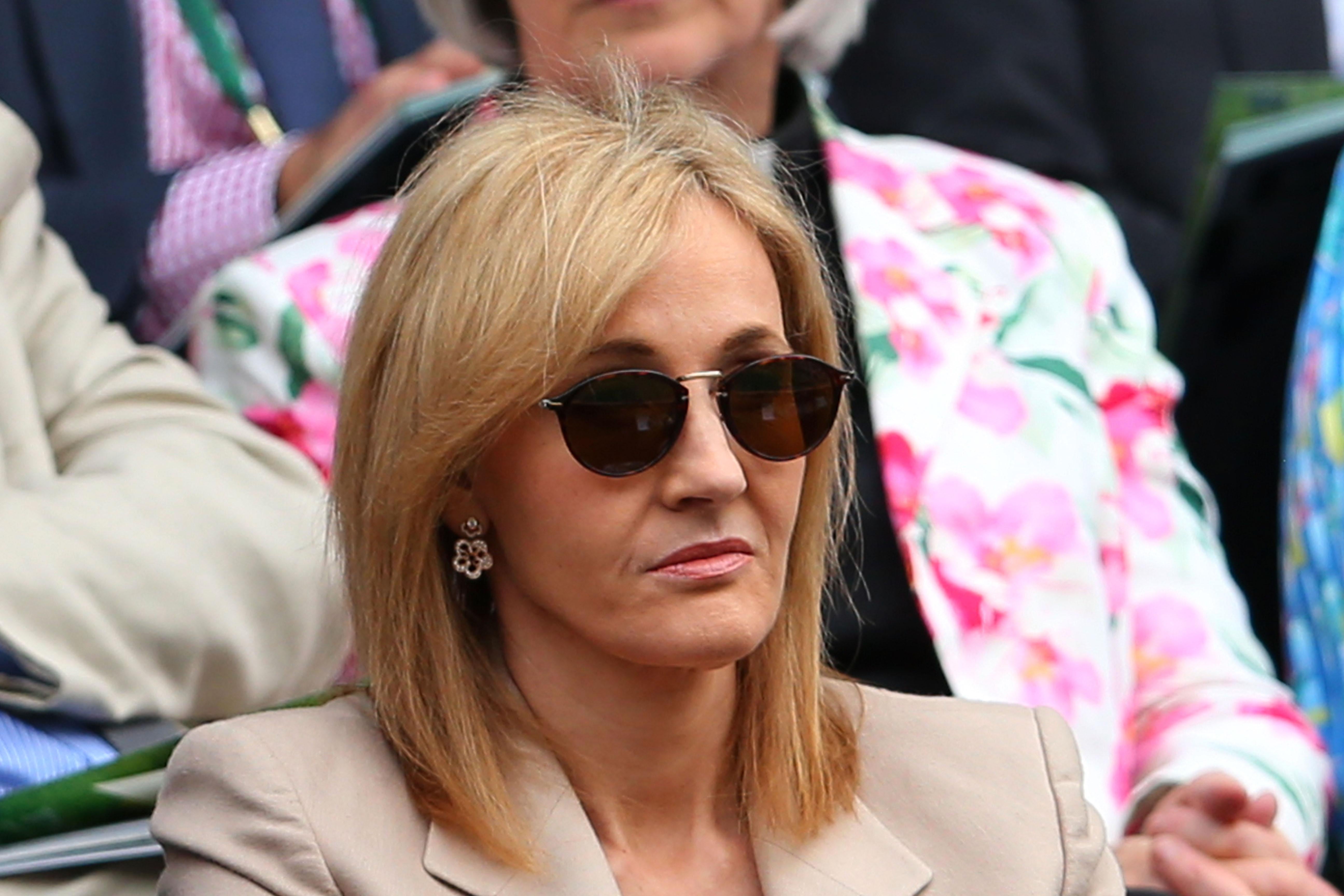In 1997, first-time author Joanne Rowling’s publishers asked her to use her initials rather than her name because they thought her gender might make it hard to sell a fantasy novel about a boy named Harry Potter who discovered that he’d been born a wizard. To make them happy, Rowling borrowed the “K” from her grandmother Kathleen, because she had no middle name, and so J.K. Rowling was born.
Rowling’s made headlines again this week with the revelation that she’d taken on another male name, Robert Galbraith, to publish a crime novel called The Cuckoo’s Calling. Rowling went to considerable lengths to stay secret, inventing not just another name but a full biography for Galbraith, so he’d be more plausible as a real person.
It makes a certain amount of sense that Rowling would want to publish under another name, simply to keep developing as a writer and to see how well her work would sell and be reviewed on its own terms. (The answer to the sales question is: not well. The Cuckoo’s Calling only sold about 1,500 copies prior to the revelation of its real author. But things are picking up.) “It has been wonderful to publish without hype or expectation and pure pleasure to get feedback from publishers and readers under a different name,” she wrote in what seems like it will be her main public statement on the pseudonym.
But isn’t there something sort of self-flagellating about this process, especially since Rowling once again chose a butch pseudonym and a butcher-sounding biography—“Galbraith” is a retired cop—to match it? Maybe Rowling saw the reaction to female writers like Stephenie Meyer and E.L. James—who, despite huge sales for the Twilight franchise and the Twilight fanfic-turned-franchise Fifty Shades of Grey respectively, did not exactly get critical respect—and decided she had to prove herself not once, but twice. Maybe she genuinely wanted some feedback and felt she couldn’t get it if she was dealing with editors as herself. Instead, though, I wish Rowling could have bifurcated the process, submitting her book anonymously or working on it with an editor who didn’t know her real identity to benefit from constructive criticism, and then publishing under her own name.
Now that Rowling’s proved that her gender is no obstacle to her sales—purchases of The Cuckoo’s Calling spiked 150,000 percent in the wake of the revelation—she might as well have a little fun with her influence. There’s nothing remotely gender ambiguous about J.K. Rowling, and it would be nice to see one of the most famous literary women in the world embrace the power of the name she made her own.
